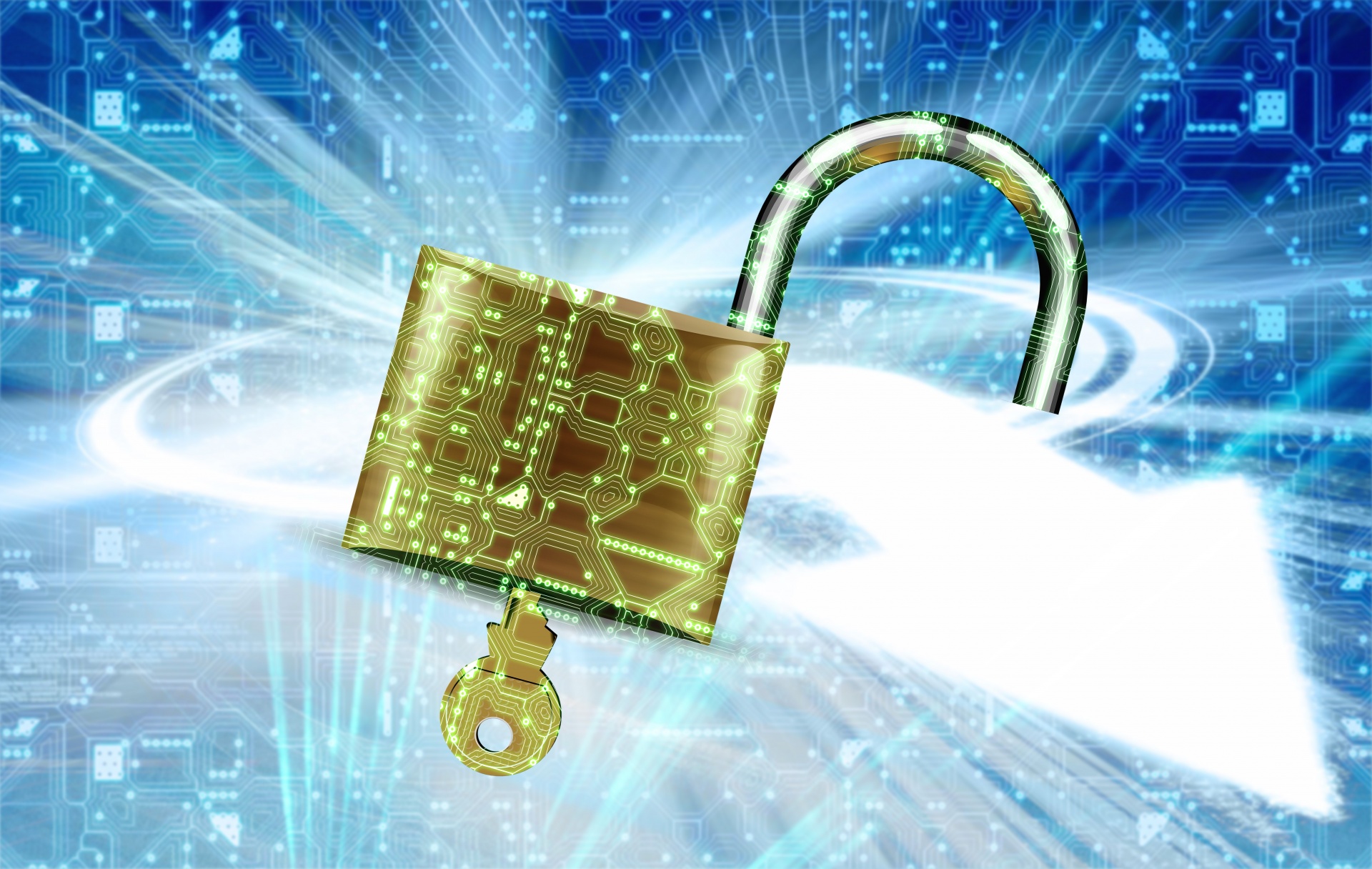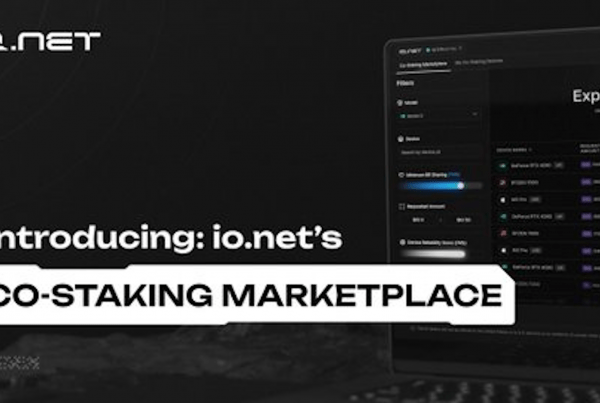Ever since Bitcoin made it to the mainstream, the number of cryptocurrency scams has risen manifold. Not just crypto users, but everyday internet users are also subjected to scams and frauds across the world.
From cold calling to phishing emails, a crypto user needs to be alert at all times to avoid falling foul to one of the many traps.
We’ve put together a list of tips to help an average crypto user maintain safety and security online while dealing in digital currencies.
Create a separate email address for crypto stuff
The first step to safety in the cryptocurrency world is to create a separate email address for any cryptocurrency-related activity. This e-mail can be used while signing up for exchanges or hosted wallet applications. Gmail is a convenient option for many users, but we would recommend using a more secure email address such as one hosted by ProtonMail.
Keep a separate device for crypto use only
As you are trying not to commingle your personal identity with your crypto identity, it will be worthwhile to use a separate device for crypto use only. Not everyone needs to invest in a separate laptop/mobile- smaller retail investors with small holdings can depend on 2FA and other strongly encrypted methods to keep their holdings safe. Larger investors with more diversified holdings should keep a separate device with antivirus, antimalware and firewall applications installed, and avoiding browsing sites that could lead to a compromise on this machine.
Enable 2FA
Users are always advised to create unique, complex and difficult to guess passwords for their cryptocurrency accounts. However, password security is not enough in most circumstances. You need a second layer of protection with 2FA (two-factor authentication). In the past, it was enabled via SMS, but this method is insecure and it is advisable to use the Google Authenticator app.
Google Authenticator can be downloaded on your phone and connected to any website/service that supports two-factor authentication. It provides you six-digit authentication codes that change every few seconds. You don’t need internet connectivity to use the app. Therefore, your codes always remain safe, and hackers can’t get into your cryptocurrency wallet/exchange account unless they have access to your phone.
Always use hardware wallets
Hardware wallets are the gold standard for security in the cryptocurrency world. If you intend to HODL cryptocurrencies, i.e., invest for the long term, you must utilize a hardware wallet. Ledger Nano S and Trezor are some of the best hardware wallet applications on the market today that provide you state-of-the-art encryption for coin safety. These wallets keep your coins off your PC or mobile, signing transactions externally.
Use a VPN
A VPN is generally something you’d want to consider if you are interested in online privacy. Choose a reliable VPN service which creates an encrypted tunnel between your device and the destination webpage or service, masking their online activity even from rogue webmasters and even their ISPs.
Never post about crypto holdings publicly
Hackers these days can scourge social media networks and get to know which users are interested in the cryptocurrency sector. They can keep an eye on your public posts about digital coins and use it to their advantage. Social media accounts can also allow bad actors to harvest your photos, email address, and mobile phone numbers.
Double check addresses while sending money
Hackers can plant cookies or malicious programs in your browser to steal digital currencies. Most crypto users copy-paste the receiver’s address because of the complicated string of characters. Hackers can make use of this vulnerability to hack into your clipboard. Once you copy the receiver’s address, the malicious program replaces the original address with the hacker’s address. To avoid getting looted like this, double check the receiver’s address before and after pasting and hit send when you are convinced that both are same.
Choose dependable exchanges/wallets only
Never place your trust in exchanges that do not have adequate security measures and liquidity in place. Also, ensure that you don’t transfer your assets into new/untrustworthy wallets. Recently, crypto project Komodo had to hack its own wallet in order to prevent hackers from exploiting a security vulnerability. Users must always depend on official wallet apps and keep them updated with the latest security updates and patches to stay safe.
Avoid phishing
Fake ICOs, pyramid/Ponzi/MLM schemes, and phishing emails are unfortunately common in the crypto industry. On Twitter, you will also come across several giveaways that promise coins for participating in a contest or sharing their details. To avoid phishing, double check the exchange’s website, never click on unknown links and question every giveaway, ICO project or crypto scheme you come across.
The digital world is becoming more unsafe by the day, and your due diligence is your first and strongest weapon against a hack.




